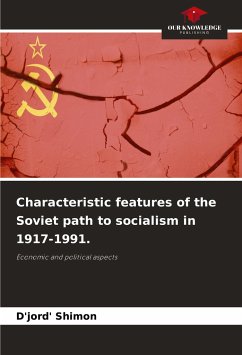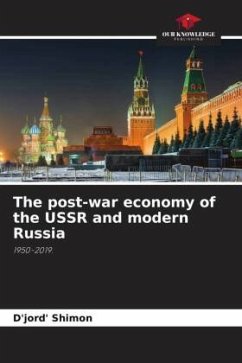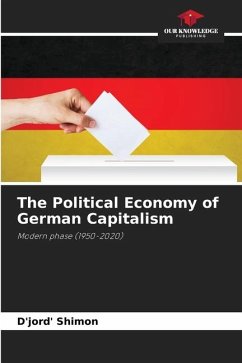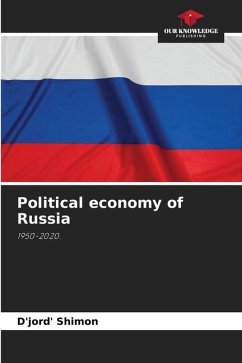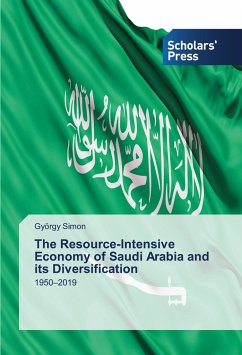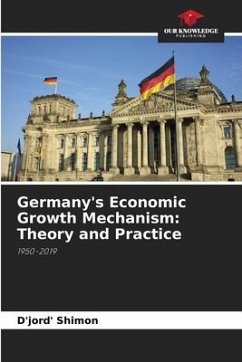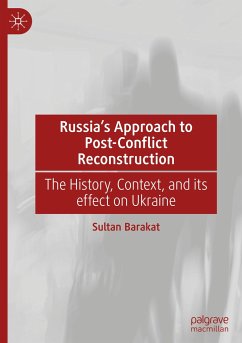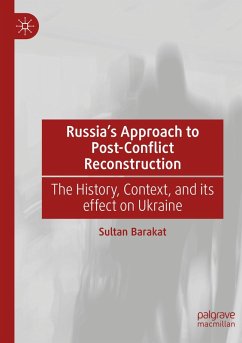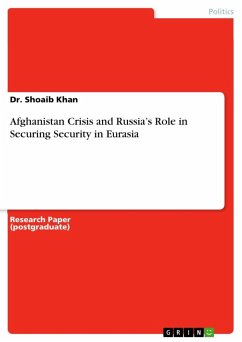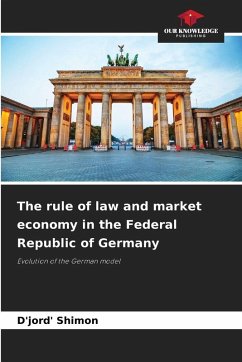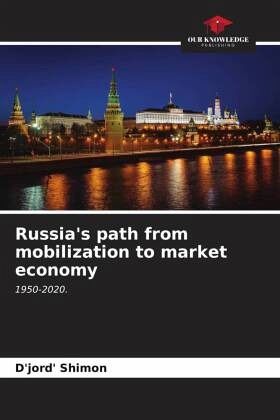
Russia's path from mobilization to market economy
1950-2020.
Versandkostenfrei!
Versandfertig in 6-10 Tagen
47,99 €
inkl. MwSt.

PAYBACK Punkte
24 °P sammeln!
The monograph by Hungarian economist György Szymon Jr. analyzes the main processes of Russia's post-war development, during which it had to pass from the Soviet mobilization economy to the post-Soviet market economy. The theoretical framework of his study includes, in addition to the works of the classics of Marxism-Leninism, the key postulates of neoclassical and endogenous theories of economic growth. Econometric analysis was conducted primarily using a general, or world model, constructed with the reliance on statistical data from 131 countries, including the former USSR. This endogenous C...
The monograph by Hungarian economist György Szymon Jr. analyzes the main processes of Russia's post-war development, during which it had to pass from the Soviet mobilization economy to the post-Soviet market economy. The theoretical framework of his study includes, in addition to the works of the classics of Marxism-Leninism, the key postulates of neoclassical and endogenous theories of economic growth. Econometric analysis was conducted primarily using a general, or world model, constructed with the reliance on statistical data from 131 countries, including the former USSR. This endogenous Caldorov-type model takes into account not only physical and human capital, but also time as an event space of creative economic activity. It allowed the author to establish that in the period after 1950 the total factor efficiency of the Russian economy did not deviate significantly from the world level, its development generally corresponded to international standards. The monograph pays special attention to the economic problems of post-Soviet Russia and its role in the processes of integration within the Commonwealth of Independent States.



